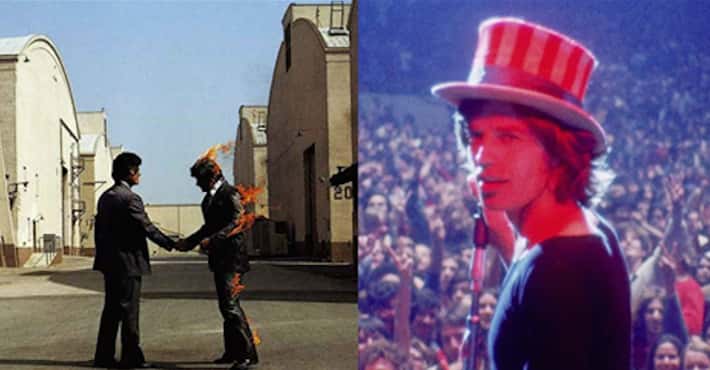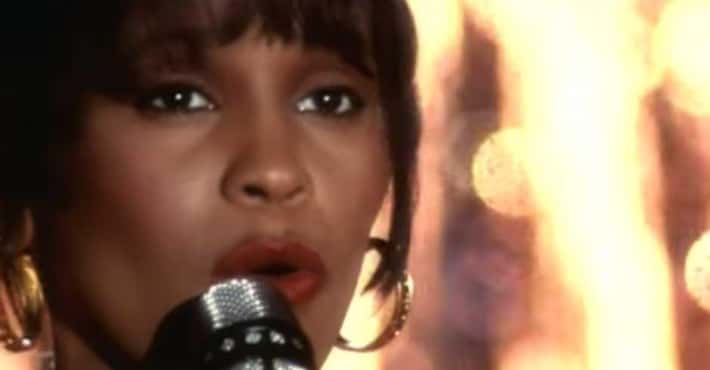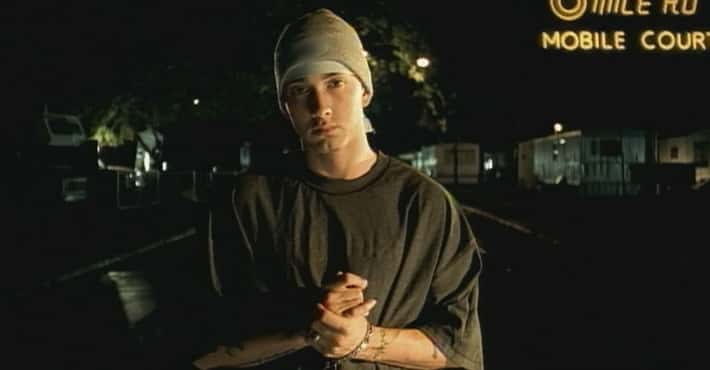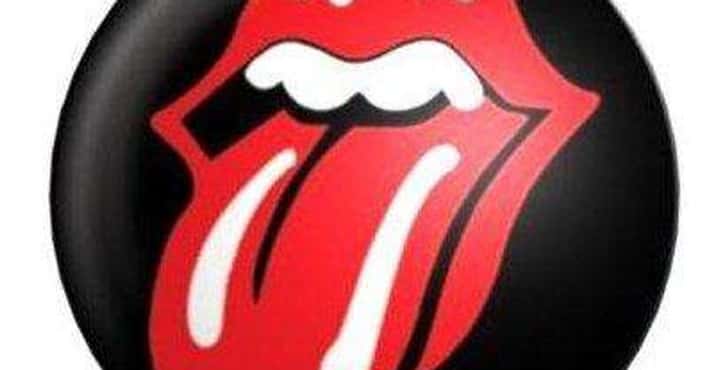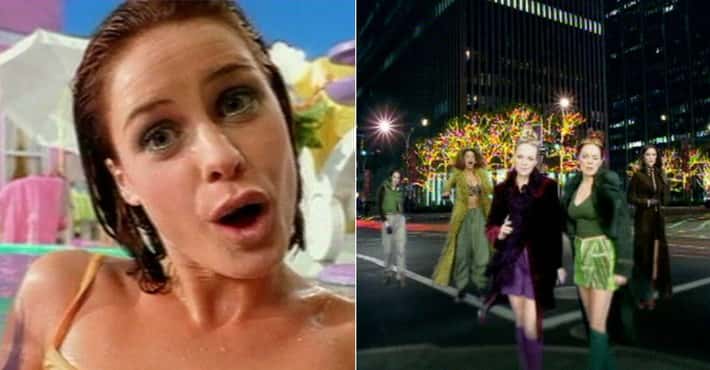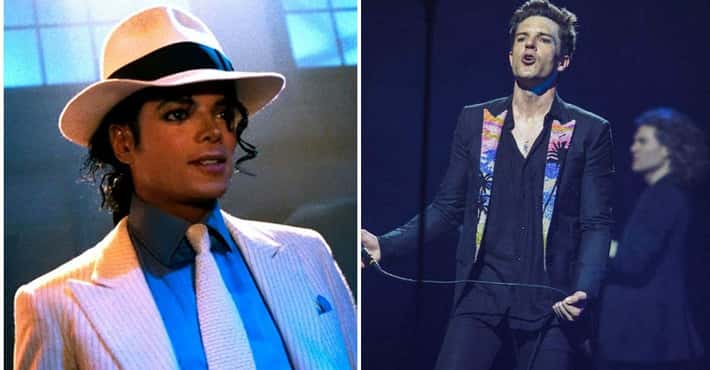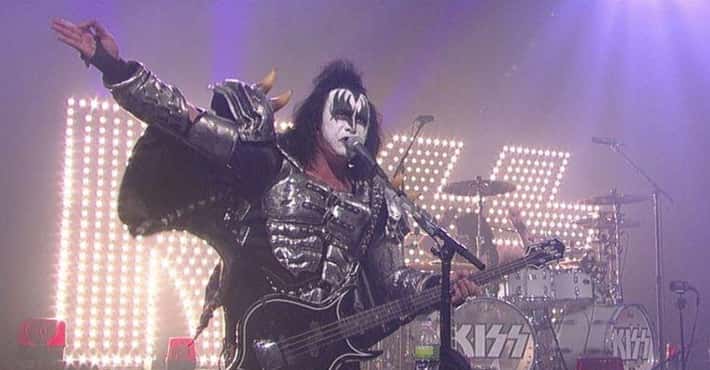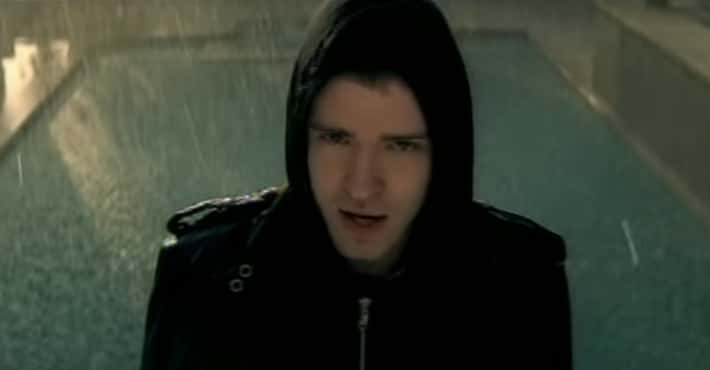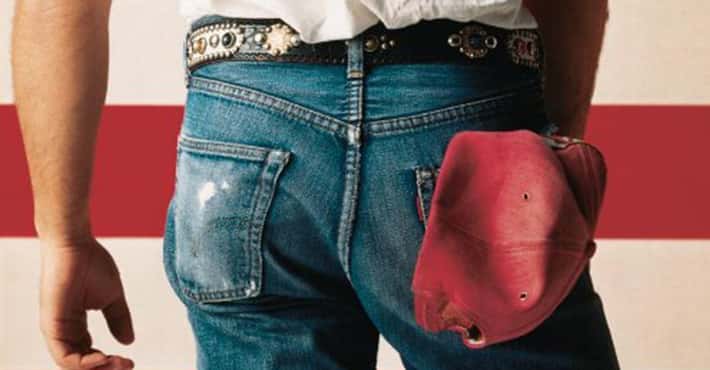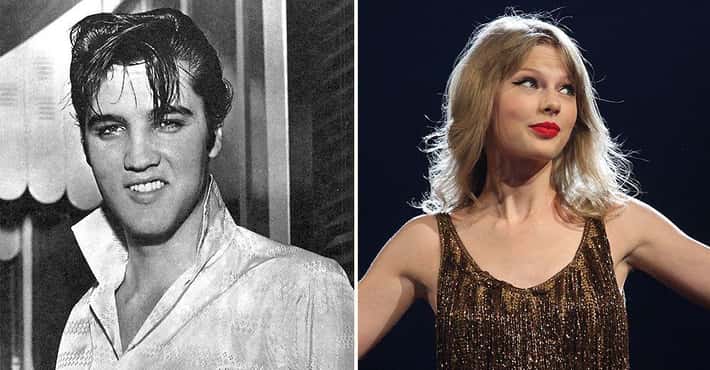14 Songs With Racist Lyrics That Could Never Be Released Today
Guns N' Roses left the song "One In A Million" off the reissue of their 1988 debut EP, G N' R Lies. With lyrics mentioning police, homosexuals, and the N-word, the song was controversial even when it was released.
Singer Axl Rose and guitarist Slash defended the song when it came out, but the band has since changed its tune. Slash said, "We collectively decided that it just didn’t have any place in that box set."
"Brown Sugar" was a massive hit upon its 1971 release. While the song is still popular today, it is generally considered inappropriate. Its lyrics describe a plantation owner abusing women he has enslaved, and the song is so controversial that Mick Jagger is known to censor himelf when he performs it.
In 1995, he said, "God knows what I’m on about on that song... I never would write that song now. I would probably censor myself. I’d think, 'Oh God, I can’t. I’ve got to stop. I can’t just write raw like that.'"
Tim McGraw's "Indian Outlaw" was a hit when it was released in 1994, but several Native American groups protested the song, saying it was culturally insensitive. Because of lyrics such as, "You can find me in my wigwam/I'll be beatin' on my tom-tom," the song was pulled from at least two radio stations. McGraw denied protestors' requests to stop playing the song.
One of these protestors, WaBun-Inini, said, “I have no doubt that the intentions were not to be offensive, but if somebody told me something I did was offensive, I would apologize and not do it anymore. Now the ones who are doing the offending try to dictate to us what should be acceptable. That’s boorish arrogance.”
Mott the Hoople's 1973 song "All the Way from Memphis" tells the story of a musican's quest to retrieve his guitar when it's shipped to the wrong location.
The song's subject is innocuous enough, but one line contains the word "spade," a derogatory term for a Black person. In later versions, the term was substitued with "dude."
 5
5'Illegal Alien' By Genesis
Genesis released their song "Illegal Alien" in 1983, perhaps to demonstrate, in a tongue-in-cheek way, the struggles Mexican immigrants face upon coming to America.
However, the song's offensive lyrics and the music video's insensitive images - which included sombreros, fake mustaches, and a hackneyed Mexican accent - will likely leave modern listeners extremely uncomfortable.
This Elton John song reached No. 1 on the Billboard Hot 100 in 1975. "Island Girl" tells the story of a Jamaican escort in New York City.
Written by Elton's long-time partner, Bernie Taupin, the song is now considered wildly offensive due to lines such as, "What you wanting with the white man's world?" and "Black boy want you in his island world," all sung with an affected island patois. Elton has not performed it since 1990.
 7
7'Indian Giver' By 1910 Fruitgum Company
The term "Indian giver" was coined in the 1700s to describe someone who gives a gift but then later asks for it back. The phrase became commonplace by the 1900s and was used as a barb among children.
Bubblegum group 1910 Fruitgum Company became a one-hit wonder when they released their song "Indian Giver" in 1969. The song tells the story of a girl who broke her lover's heart and contains the lyrics, "Indian giver, Indian giver, you took your love away from me." The album cover also features the band members dressed in caricatures of Native American garb.
 8
8'Ahab The Arab' By Ray Stevens
Singer Ray Stevens released "Ahab the Arab" in 1962, and while the song quickly became a novelty classic, in the years since, Arabic groups have called the lyrics offensive. The song tells the story of Ahab, who has a camel named Clyde that he uses to visit Fatima, a dancer in the Sultan's harem. They fall in love and escape from the Sultan's clutches.
The lyrics, which contain mocking impersonations of Arabic speech, likely wouldn't fly today. Stevens has denied any bigoted intent, however, instead saying he got the idea from his mother, who gifted him the book Arabian Nights when he was a child.
 9
9'Turning Japanese' By The Vapors
"Turning Japanese" by British band the Vapors was released in 1980. The song features the infamous Orientalist riff, as well as some questionable lyrics. The phrase "turning Japanese" is said to describe someone squinting as they reach climax. Some claim it also means the song's narrator is obsessed with his lover's photos and wants more, perhaps playing off a stereotype at the time depicting Japanese people as camera-obsessed tourists.
Despite these claims, singer Dave Fenton said that "Turning Japanese" is not a racially insensitive song, nor does it have anything to do with Japan. Instead, it "could have been [turning] Portuguese, Lebanese, anything that fit with that phrase. It had nothing to do with the Japanese."
 10
10'Half-Breed' By Cher
The term "half-breed" is considered offensive in Native American communities, though this didn't stop Cher from releasing a song of the same name in 1973. She insisted at the time that she was part Cherokee, which may have stifled any protests against the song when it was released.
She performed the song in a full feathered headress on the The Sonny and Cher Comedy Hour and has done so ever since. Outside of a claim that her mother has some Cherokee blood, Cher is fairly far from a spokesperson for Native American culture, and she became involved in several Twitter feuds over the song and her heritage in 2017. Despite the controversy, she refuses to remove it - or the costume - from her shows.
 11
11'Wig Wam Bam' By The Sweet
The Sweet were more popular in the UK than they were in the US, so they may not have faced as much backlash for their song "Wig Wam Bam" as they would have if they were well-known in the States.
The lyrics are rife with insensitive references to the Native American community, as the song is a rock version of Henry Longfellow's poem, "The Song of Hiawatha," published in 1855. The band usually dressed in Native American costumes when they performed the song.
 12
12'Witch Doctor' By David Seville
The witch doctor in David Seville's song of the same name helps a man win the woman of his dreams with words of gibberish: "Ooh eeh ooh ah ah, ting, tang, walla walla bing bang."
Troublingly, these are meant to be the words of an African tribesman. In 1958, however, the song traveled straight up the charts.
David Bowie's "China Girl" has long been considered racially insensitive, although according to Bowie, that was the point. He claimed he was playing a character in order to condemn that very type of insensitivity, since he knew his platform provided him with an opportunity to spread social messages.
Whether or not the song was successful in pointing out and criticizing racial prejudices remains debatable.
"Kung Fu Fighting" was a massive hit when it was released in 1974. Singer Carl Douglas wrote the song as a danceable homage to the "chopsocky" film genre of the late '60 and early '70s. While the song is still played on the radio and used in films, it's now considered somewhat inappropriate.
One man was even arrested in 2011 for performing the song in an Isle of Wight bar. A passerby of Asian descent heard the song and called the authorities, saying he was "subjected to racial abuse" after hearing the lyrics, "They were funky China men from funky Chinatown."
The song also takes its melody from an easy-to-recognize riff created sometime in the 1840s that has lived on as a Western caricature of Chinese music.









